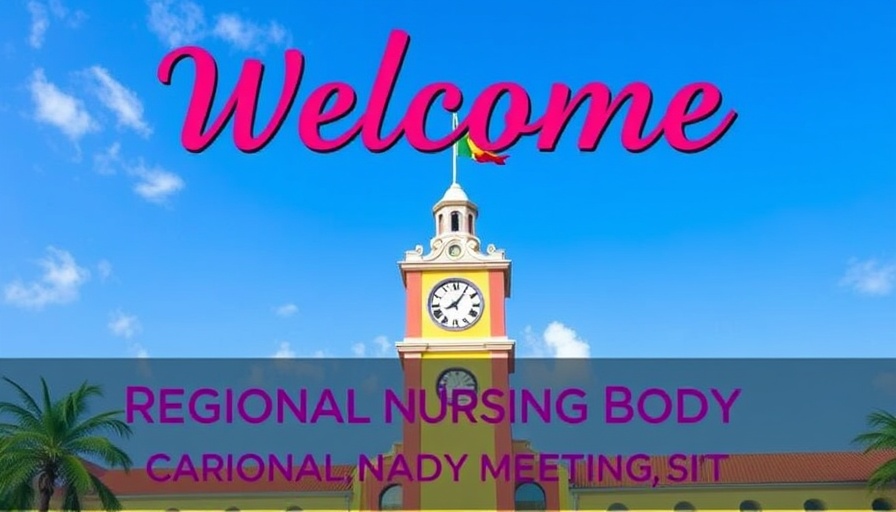
The Nursing Crisis in the Caribbean: A Call for Action
The Regional Nursing Body (RNB) has raised significant concerns regarding the ongoing shortage of nurses in the Caribbean, which has dire implications for health services across member states. During the recent 52nd Annual General Meeting in Barbados, health officials highlighted the pressing need for increased investment in nursing education and workforce retention. With a growing demand for healthcare professionals, especially in the wake of challenges posed by climate change and misinformation, the RNB is urging an immediate response to sustain nursing excellence.
Jerome Walcott, Barbados’ Minister of Health and Wellness, emphasized the critical crossroads at which the nursing profession stands. According to him, the current staffing shortages worsen the nurse-to-patient ratio, leading to extended shifts that can result in burnout and negatively impact the quality of patient care.
Global Trends: Challenges and Opportunities
Alison Drayton, Assistant Secretary-General of the CARICOM Secretariat, reinforced the urgency of investing in nursing capacity, citing the State of the World’s Nursing Report 2025 (SOWN). The report reveals that a staggering one in seven nurses practice outside their home countries, shedding light on the challenges faced by low- and middle-income nations in maintaining a robust healthcare workforce.
This reliance on foreign-born nurses not only exacerbates local shortages but also threatens the sustainability of health systems in regions like the Caribbean. Thus, fostering an environment that encourages the training, retention, and growth of local talent is crucial for addressing these workforce challenges.
Empowerment Through Collaboration
As noted by health leaders at the meeting, bold moves are necessary to reverse the tide. Collaboration between governments, educational institutions, and healthcare organizations can facilitate a supportive framework for nursing careers. Investments in competitive salaries, benefits, and professional development opportunities can help retain qualified professionals and ensure a resilient health system capable of meeting the community's needs.
Ultimately, addressing the nursing shortage is not just about filling vacancies; it is about preserving the health and well-being of the Caribbean population. By prioritizing our nurses, we empower our communities and pave the way for a healthier future.
 Add Row
Add Row  Add
Add 




Write A Comment